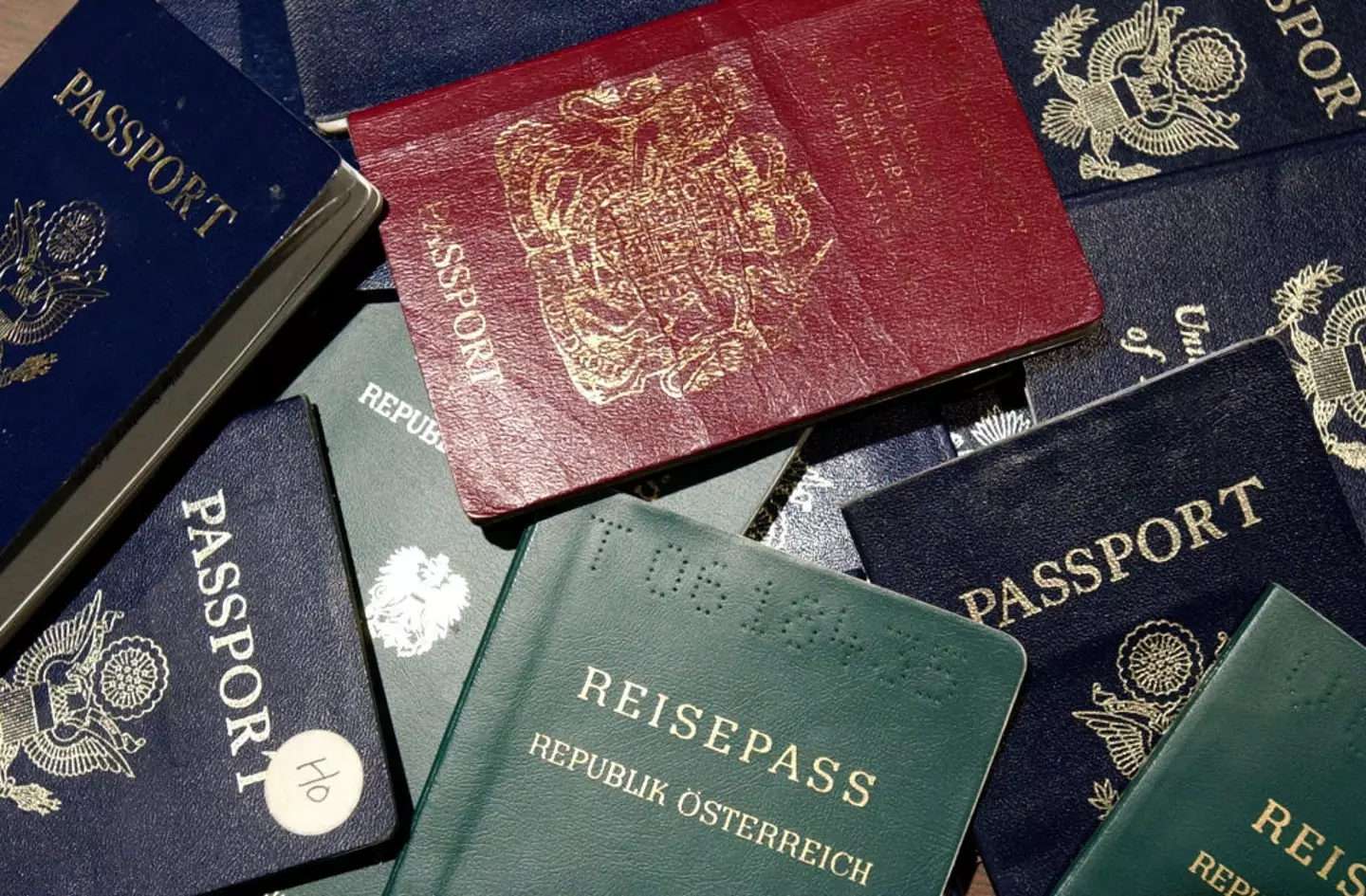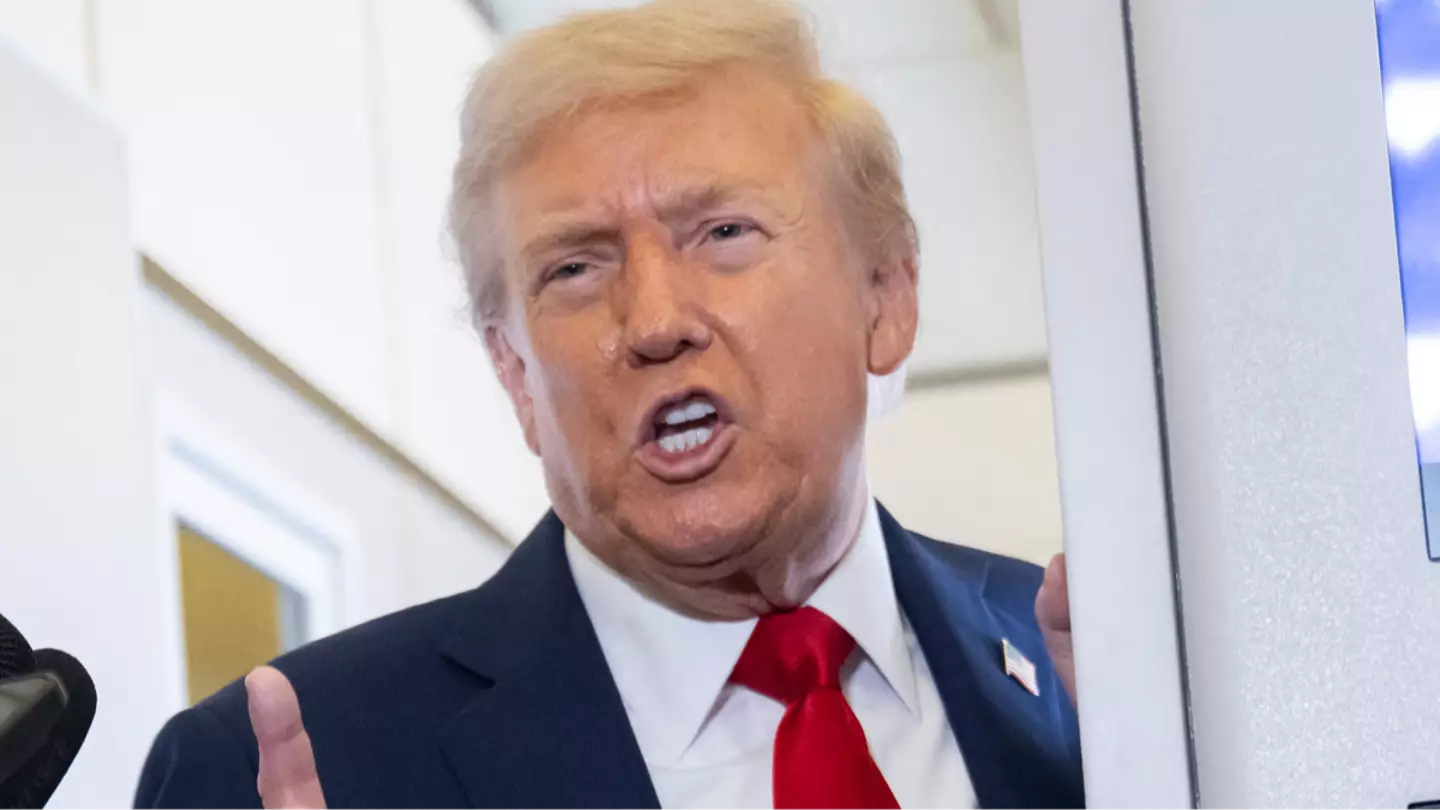For the first time since its inception twenty years ago, the US passport does not feature among the top 10 on the Henley Passport Index.
The Henley Passport Index ranks countries by the number of destinations their citizens can enter without a visa or obtain one on arrival, tracking global mobility trends since 2006.
Developed by Henley & Partners utilizing data from the International Air Transport Association, the index has been considered an indicator of a country’s soft power.
A decade ago, the US passport held the number one position. However, this year it has slipped two places from 2024’s ranking, marking the first time it has fallen out of the top 10.
Changes in international policies have largely contributed to this decline. In April, Brazil reinstated visa requirements for US citizens, citing fairness as the reason since US policies don’t offer the same visa-free access to Brazilians.
While China expanded its list of visa-free countries, the US was notably excluded. Additionally, smaller countries such as Myanmar and Papua New Guinea have introduced stricter entry regulations.

Minor updates, like the implementation of e-visa systems in Somalia or exclusions by Vietnam, have also reduced the number of nations readily accessible to Americans.
According to Henley & Partners, these small but significant changes have diminished the strength of what was once among the most powerful passports globally.
Reciprocity is another factor. The US permits visa-free entry for only 46 countries, while American citizens can visit 180 nations without a visa. Such imbalanced policies have made some governments less inclined to reciprocate.
In July 2025, Richard Quest, CNN Business editor-at-large, discussed the US passport’s weakening status, noting that new measures like the European Union’s and the UK’s ESTA systems are limiting travel freedom.
Quest remarked: “Can we make a linkage, if you will, to immigration policies of the Trump administration?
“Yes, you probably can, at some level, say there is a direct relation between one and the other.”

He further explained that passports leading the rankings are highly sought after due to their minimal travel restrictions.
Quest mentioned that ‘there are certainly citizenships that give greater access and availability to travel’, and affluent individuals frequently seek them through investment schemes, like the proposed $5 million ‘gold card’ by Trump.
Henley & Partners specializes in advising clients on residence and citizenship opportunities of this nature.
“But for the average person, it’s not a jot of difference,” added Quest. “You’ve got your passport, you’ve got where you are. Learn and live with it.”
Currently, Singapore holds the top position, granting its citizens visa-free access to 193 destinations. Following closely are South Korea with 190 and Japan with 189.
Key European nations such as Germany, Italy, and Switzerland continue to rank near the top of the list.

